Hôpital Adventiste d’Haiti is built upon the many talents of local workers and volunteers from around the world. In addition to health care professionals there are opportunities for builders, engineers, researchers, teachers, communications experts, information systems personnel, clerical, finance, and administrative leaders. Some areas of expertise are more amenable to long term service and others can be effective with shorter term commitments. In addition we do have a limited role for students interested in long term mission service. All volunteers function in roles permitted by their level of education and licensing in their home country and the Haitian Ministry of Health.
Please see the bottom of this page for more information for volunteers coming to Haiti.
- If you are interested in volunteering with the HAH orthopedic program or other supportive role, please contact us
- If you are interested in volunteering in a medical specialty unrelated to orthopedics please email info@haitiadventisthospital.org
- An orientation for short term medical volunteers including but not limited to LLU medical students, LLU residents and other LLU employees is available (provide link)
- For volunteer opportunities at Adventist Health International sites around the world including HAH please consider filling out the AHI Volunteer Profile or emailing the Loma Linda University Global Health Institute at ghiservice@llu.edu
“I don’t know what your destiny will be, but one thing I know: the only ones among you
who will be really happy are those who will have sought and found how to serve.”
Albert Schweitzer
Below we’ve outlined what you need to know before coming to Haiti to serve as a volunteer. Click each item in the list for more information:
Volunteer Orientation Info
- All orthopedic and affiliated volunteers
- Confirm dates with Dr. Nelson scnelson@llu.edu.
- Arrangements for rotation (LLU Residents):
- Approval – Residents must fill out a time off request in order to obtain departmental approval. Usually it is best to start this whole process several months in advance
- Submit an on-line travel application at http://myllu.llu.edu/travel. Sign in using LLU credentials. There is a place to identify who is sponsoring travel expenses – residents can enter Arrowhead Orthopedics. Additional information about the process available at https://ghi.llu.edu/residentrotation. Global Health Institute will confirm your application with the department and GME office and also provide you with a travel insurance policy. They will also give you a GHI travel pack (contains luggage tag, luggage strap, electrical adapters, etc.). You can leave the electrical adaptors at home since Haiti uses same power as US.
- LLU Ortho resident’s airfare and volunteer fees are covered by Arrowhead Orthopaedics. Travel expenses can be reimbursed by submitting receipts to Tim Delinger: Delinger@Arrowheadortho.com Dr. Nelson can arrange billing of volunteer fees.
- Arrangements for rotation (LLU Students):
- Approval – Usually it is best to start this whole process several months in advance
- LLUSM students must coordinate with SIMS and register in Pure Charity portal – https://ghi.llu.edu/sims/international-mission-service-learning-programs
- Marisol Wilkens MWilkins@llu.edu can assist with this process and answer any questions or you can email sims@llu.edu. An email showing that you have been accepted by Dr. Nelson to rotate can expedite the process to get approval for the trip.
- SIMS will purchase short term travel insuranceonce you submit itinerary
- For LLUSM students, the School of Medicine covers half of your airfare if the trip is through SIMS for a mission elective, and the alumni association will cover half of the remaining cost. Students are responsible for volunteer fees.
- Arrangements for other LLUMC/LLU employees
- Submit an on-line travel application at http://myllu.llu.edu/travel. Sign in using LLU credentials. This makes it an official LLU trip and they will provide travel insurance etc. for you.
- Arrangements for other volunteers
- Get and submit HAH volunteer application form by emailing Serge Lynn the HAH volunteer coordinator ahihaiti.volunteers@gmail.com. If your information is already on file from a previous trip this should not need to be repeated. Please copy Dr. Nelson scnelson@llu.edu on correspondence.
- Flight Information:
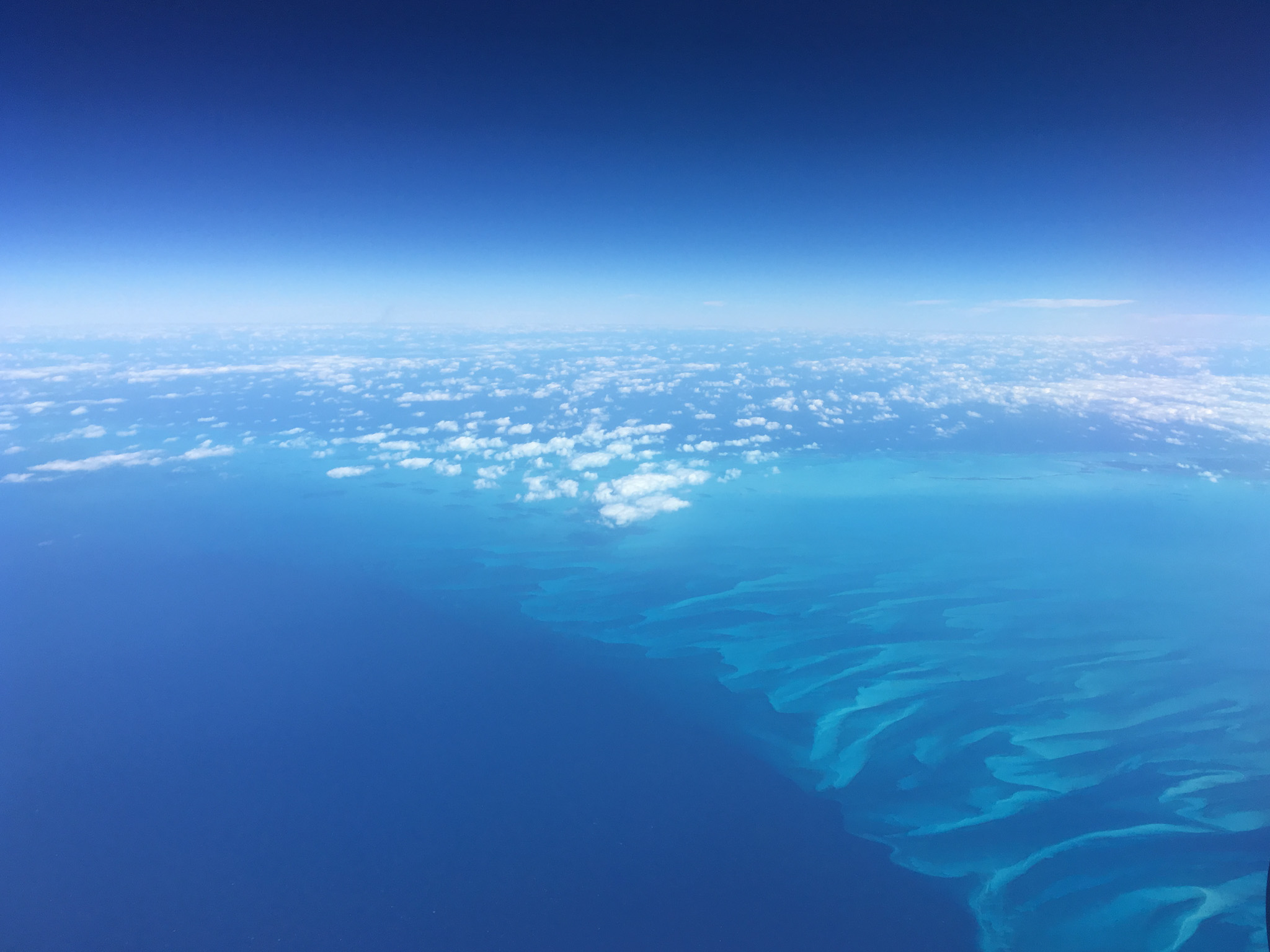
Get a seat by the window on your way down and enjoy beautiful views between Miami and Port au Prince
- Major airlines flying to PAP (Port au Prince Mais Gate) include American (MIA), Jetblue (JFK, FLL, MCO), Spirit (FLL), Copa (Panama City), Air France (MIA, Guadalupe, Martinique), Delta (Atlanta, JFK), Sunrise (Santo Domingo) and Air Caraïbes (Paris).
- Sunday arrivals and departures are preferred when possible as traffic in Port au Prince is much lighter and we try to avoid airport transfers on Sabbath in order for our driver to have a needed day of rest.
- American Airlines has several flights every night from LAX to MIA. These have a convenient connection to PAP arriving in the morning in time for a day of work and/or recuperation. The Saturday night 930pm LAX departure arriving at PAP around 9am is a standard for those of us travelling this route frequently. AA currently allows one complimentary 50lb check in to PAP for economy (no status). 2nd bag is $70. Business travelers (even if business only on MIA PAP portion) may take two complimentary 70lb bags. Hopefully you won’t have that much personal baggage!! But there are usually supplies that we have stockpiled to send down with travelers. Please check aa.com for latest baggage allowances with particular attention to embargoes that restrict number of bags and all boxes during certain times of the year.
- For return flights, Sunday is the best day to leave in order to realize a full work week and avoid traffic and travelling on Sabbath.
- Helpful links for booking tickets. kayak.com, https://www.google.com/flights, www.aa.com. LLU students and residents technically are supposed to wait until the application has been approved. Ticket prices tend to be best 3 weeks to two months before travel.
- Send your itinerary to Serge Lynn at Hôpital Adventiste volunteers@gmail.com and cc Dr. Nelson scnelson@llu.edu. This is to make sure you get picked up at the airport. If you don’t get a confirmation from Serge Lynn make sure that you email again.
- All LLU travelers send itinerary to Angeli at GHI ayutuc@llu.edu so she can provide your professional liability and travel insurance.
- If coming from southern CA you may be asked to bring over some suitcases of equipment. These are usually pre packed at GHI or by Allen Nedley at 712 S Buena Vista St. Redlands, CA. His phone number is (580) 504-8214.
- Vaccinations/Malaria Prophylaxis:
- The typhoid and hepatitis A vaccination are both recommended before travelling to Haiti
- Malaria prophylaxis is officially recommended by the CDC, but malaria is not common in the Port au Prince. This is your choice. At the time of writing there have not been any documented cases of malaria at the hospital. Long term volunteers are not taking malaria prophylaxis. Air conditioned accommodations and occasional use of mosquito repellent minimizes exposure to mosquitos and also protects you against dengue and chikungunya.
- The international travel clinic at LLU will provide common medications and vaccines. (Hep A, Typhoid, malaria prophylaxis, zofran, azithromycin (z pack for travelers diarrhea), etc.) You should try to visit the clinic at least a couple of weeks before travel. All vaccines are free and Rx are all $5 (credit card or cash) if you have Risk Management insurance. The clinic is Wednesday 1:30-4:00 pm. It is a walk-in clinic. Plan to wait for 1-2 hrs to be seen. It is located on the School of Medicine basic science campus in the Center for Health Promotion building. Address: 24785 Stewart St., Suite 111 Loma Linda, Phone 909-558-4594
- Bring scrubs that fit you (5-6 sets – if you don’t want to do laundry in the middle of the week)
- HIGHLY RECOMMENDED: Shoes that can easily be slipped off to change into the provided OR clogs
- There is no “cold” weather in Haiti, a light sweater is more than enough and will likely only be used during your flight to Haiti.
- Church clothes
- Exercise clothes
- White Coat
- Shoes for hiking and/or running
- Toiletries
- Towel
- Leisure reading material
- Study material
- Laptop/Tablet/Smartphone
- Passport
- Money (cash $20 bills and a few smaller ones, make sure they are perfect without tears)
- On arrival the following information is needed to fill out the customs forms:
- Address in Haiti:
Hôpital Adventiste
Diquini 63
Carrefour, Haiti
- You can check the box that says “other” or “vacation” for reason of travel. DO NOT put business
- Have a good $10 bill on hand for the visa
- Pay the $10 before going to the customs line. You will be given a little receipt showing that you paid, you need this to leave the airport!
- As you descend the escalator (usually not working) to the baggage claim area you can turn left to rent a luggage cart AKA “Chariot” for $2US if needed.
- Luggage tags/receipts, are checked meticulously with the tags on your bags prior to leaving the baggage claim area
- You will likely attract multiple people trying to help you manage your bags. If you don’t have enough energy to fend them off then selecting one person to manage the bags and the other eager helpers can be a worthwhile investment. You might have to give up $5 or more depending on your situation and number of bags.
- It is preferable to pack in suitcases as opposed to duffel bags as they are a bit less likely to get screened at customs. Suitcases also are more effective in preventing boxes from getting crushed. It is helpful to maintain surgical gloves in boxes etc. in order to stack nicely on our shelves and dispense.
- You may be bringing suitcases over for Dr. Nelson. As a general rule when talking to customs agents only answer questions when asked. These people take their job seriously. If you don’t have medications you can tell them you don’t have medications (they don’t like meds being imported). If you are bringing medications and need advice please discuss with Dr. Nelson. Bring any personal medications that you need (i.e. blood pressure and heart medication)- those are fine!
Michel is our driver (see photo) and is usually the one to pick you up. Ronald is a friend of the hospital (see photo) who works at the arrivals area and often meets our volunteers to assist with luggage. You will see him after the aduane/customs beyond baggage claim. He will help to fend off the masses of eager luggage porters or recruit a few if needed.
Make sure you have received confirmation that someone will be picking you up from the airport before you leave the states
- If you are having trouble you can contact Michel +(509) 3754-5286 or Dr. Nelson +(509) 3855-5588
- Most volunteers stay in the bunkhouse on hospital grounds
- The bunkhouse is an open co-ed room with 7 beds, a bathroom and kitchen
- Bedding, dishes, and eating utensils are provided (bring your own towel)
- There is a fridge, microwave, toaster, coffee makers, and oven available for use
- For volunteers staying at the bunkhouse fees are $200 for the first week and $100 for every subsequent week
- It is preferable to pay the volunteer fees in the form of cash at the hospital business office. (Dr. Nelson will transact for the LLU ortho residents sponsored by Arrowhead Orthopaedics)
- Washing machines and dryers are available for use as needed – free of charge
- Outlets are the same as the US, 110V
- The Auberge du Quebec hotel is about 1/2km away is quite comfortable with a swimming pool and restaurant (with slow service). Prices range from $73-$129USD per night. For volunteers staying at the hotel there is a $100 per week HAH fee to cover airport transfers, transport back and forth from the hospital and the mid-day meal.
- Patrick is the volunteer host and is a very helpful resource for getting you settled and finding incidentals. He lives behind the Change La Vie Physical Therapy building.
- Wi-fi is available at the hospital and in the bunkhouse. It is not always completely reliable.
- The hospital wi-fi password is LomaLinda16
- For those staying more than a few days it is often helpful to obtain a local cell phone in order to communicate with Dr. Nelson, Patrick or others around the hospital. Some of these are available from previous visitors or can easily be purchased for <$10US. Rates for calling to the US are reasonable and family members can also reach you if needed. Local SIM cards for smart phones are also available for <$1 US and can be purchased with minutes and 3G data plans (4G LTE supposedly available)
- Wifi calling with Whatsapp or Facetime audio/video are some of the most common methods of communication
- Security for phones, tablets and laptops at the hospital is similar to life at home. Being vigilant and not leaving them unattended in public spaces has avoided any major issues.
- For students and residents it is often helpful to have a laptop for case preparation, reading and other necessary projects.
- You won’t need a lot. (<$10/day for most students and residents) Please refer to arrival, lodging and food sections for your budget.
- Having small bills available for airport arrival transactions is helpful.
- US dollars may be changed with the hospital cashier or at Delimart (2 blocks away). Crisp undamaged bills are mandatory. They will reject them if torn or marked. At Delimart bills over $20 may create difficulty.
- There is an ATM at Delimart but bank fees and security issues make it a less preferred option
- Credit cards are accepted with valid ID at Delimart
- Haitian currency is in gourdes. As of March 2019 there are approximately 80gdes to 1US$. This number continues to increase as the Haitian currency has been losing value rapidly.
- You will often hear prices quoted in “Haitian dollars”. The “Haitian dollar” does not exist in any physical form. It is simply equal to 5 gourdes. Instead of someone telling you the price is 100 gourdes they may say it is “20 Haitian dollars”. This concept dates back to a time when the gourde exchange rate was maintained at 5:1 with the USD. Receipts and prices are often written in “Haitian dollars” which can create a lot of confusion.
- Lunch is provided every day. Breakfast and dinner are on your own
- Delimart is right down the street and has everything needed for food items for breakfast and dinner
- Someone will take you down there the day you arrive to buy food
- Delimart accepts US dollars and will give you change back in Haitian gourdes or USD
- Boulangerie Adventiste is located on the adjacent property of UNAH (Universitie Adventiste d’Haiti). Fresh croissants, granola and bread available
- Great bananas, other tropical fruits and vegetables and baked items are available from street vendors
- Worship begins each day at 7:30 am in the chapel. (Dr. Nelson typically attends on MWF)
- Morning runs with Dr. Nelson or workouts with Irma available before worship
- New visitors are usually introduced to the hospital staff at morning worship in the beginning of their trip
- Monday, Wednesday and Friday are clinic days often followed by cases in the afternoon
- Formal rounds are done at 8am on MWF on all ortho patients with the surgical and PT teams
- On other days rounds are done before and in between cases
- Tuesday and Thursday are OR days with cases starting at 8am
- When teams come the schedule is altered usually focusing on a big Monday clinic followed by operating days for the remainder of the week
- Sabbath options include rest, church services, and hiking (12 mi Petionville hike and other shorter options available)
- Between cases and clinic there are always projects to work on around the hospital
- It’s nice to know some basic greetings in French and Creole, and definitely helpful in the hospital if you know more than greetings. https://en.wikipedia.org/wiki/Haitian_Creole is a great reference to get you started in Haitian Creole.
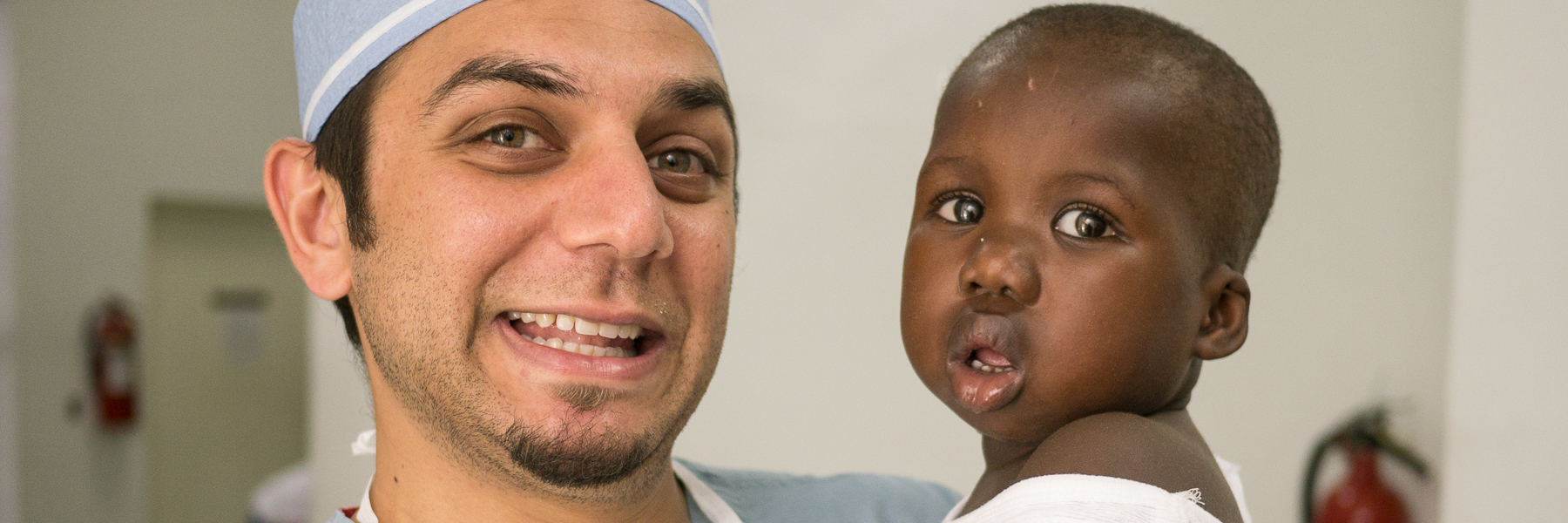
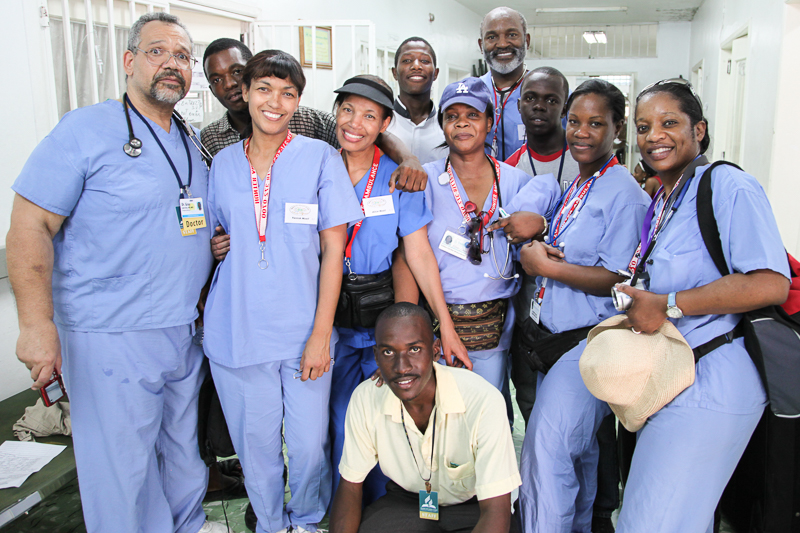
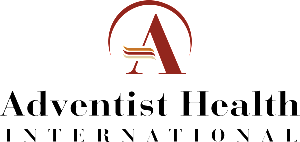
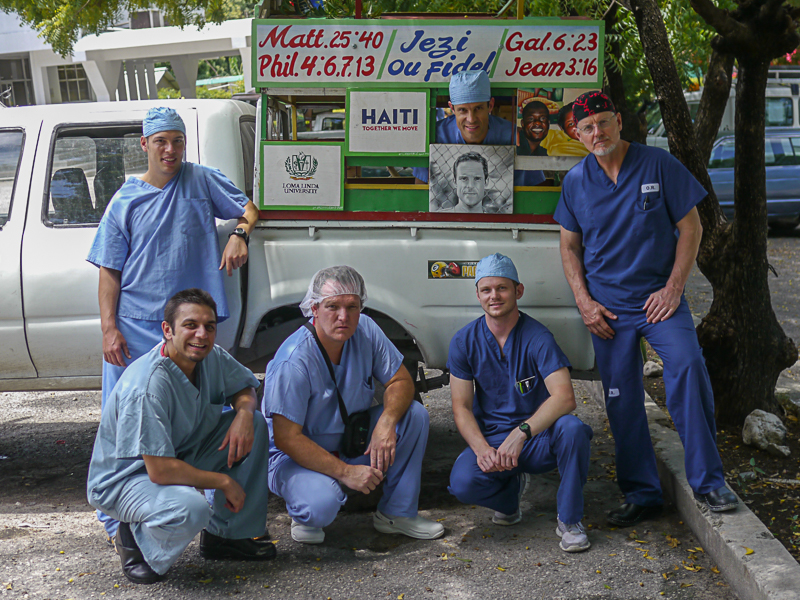
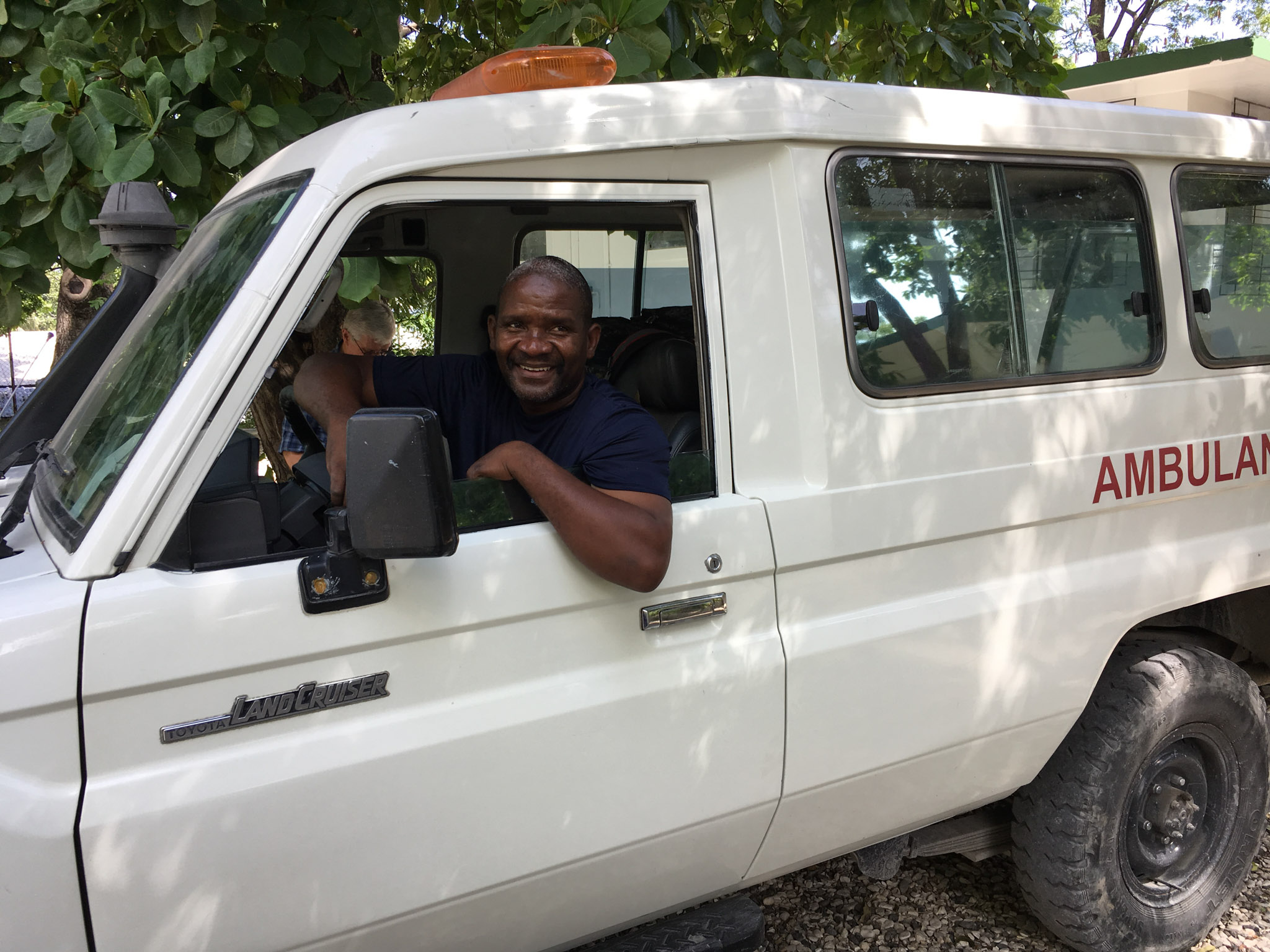
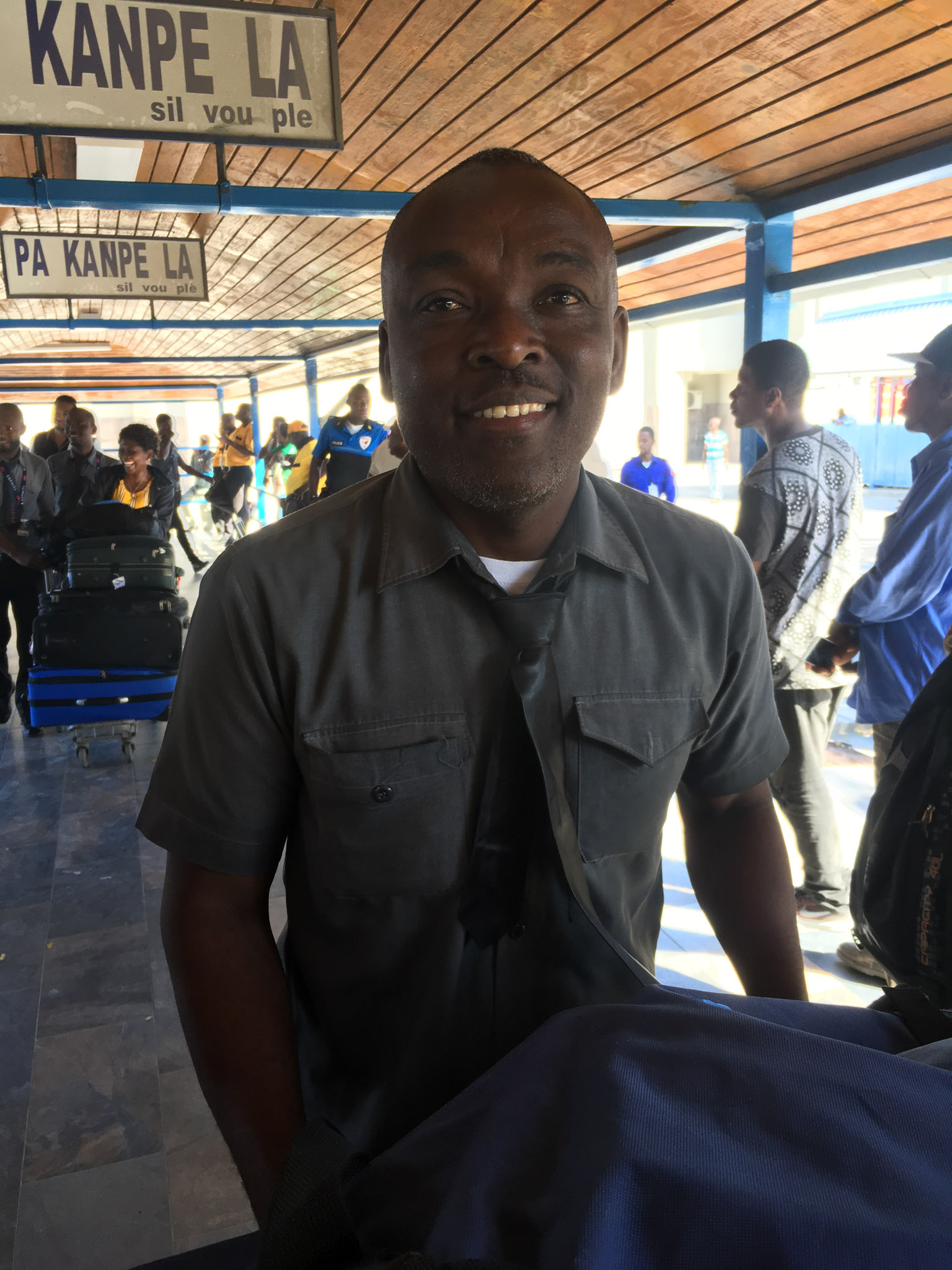

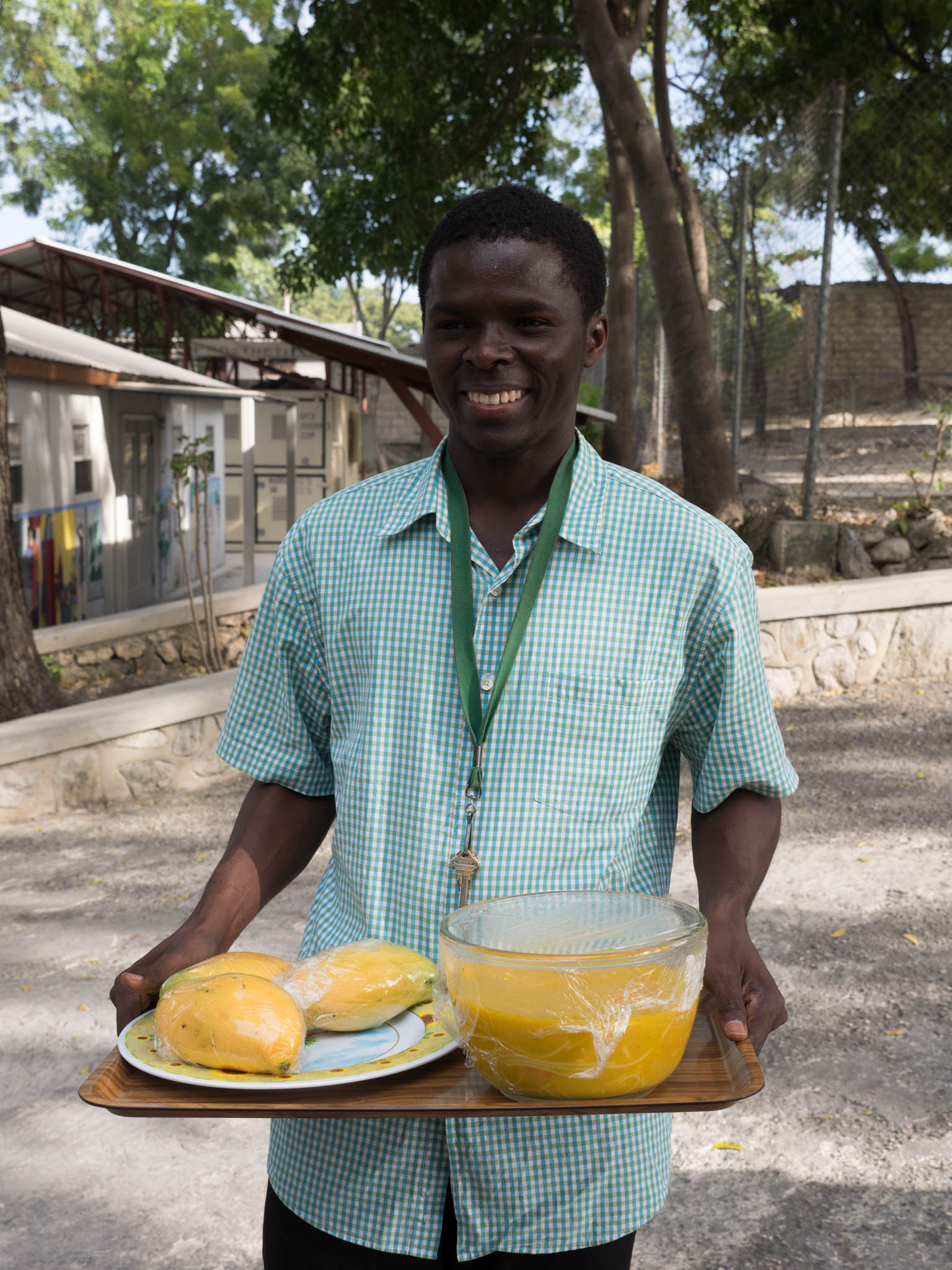
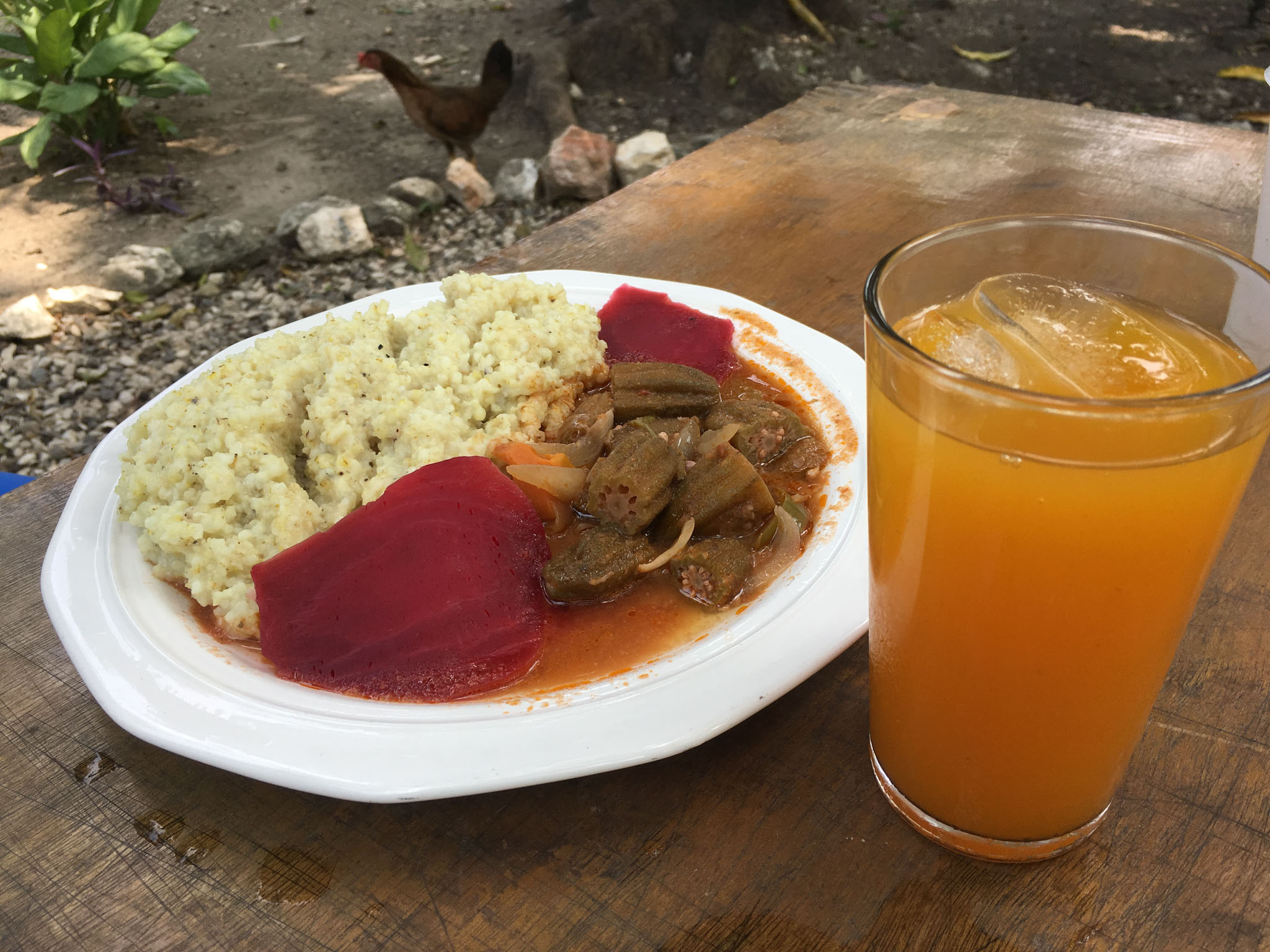
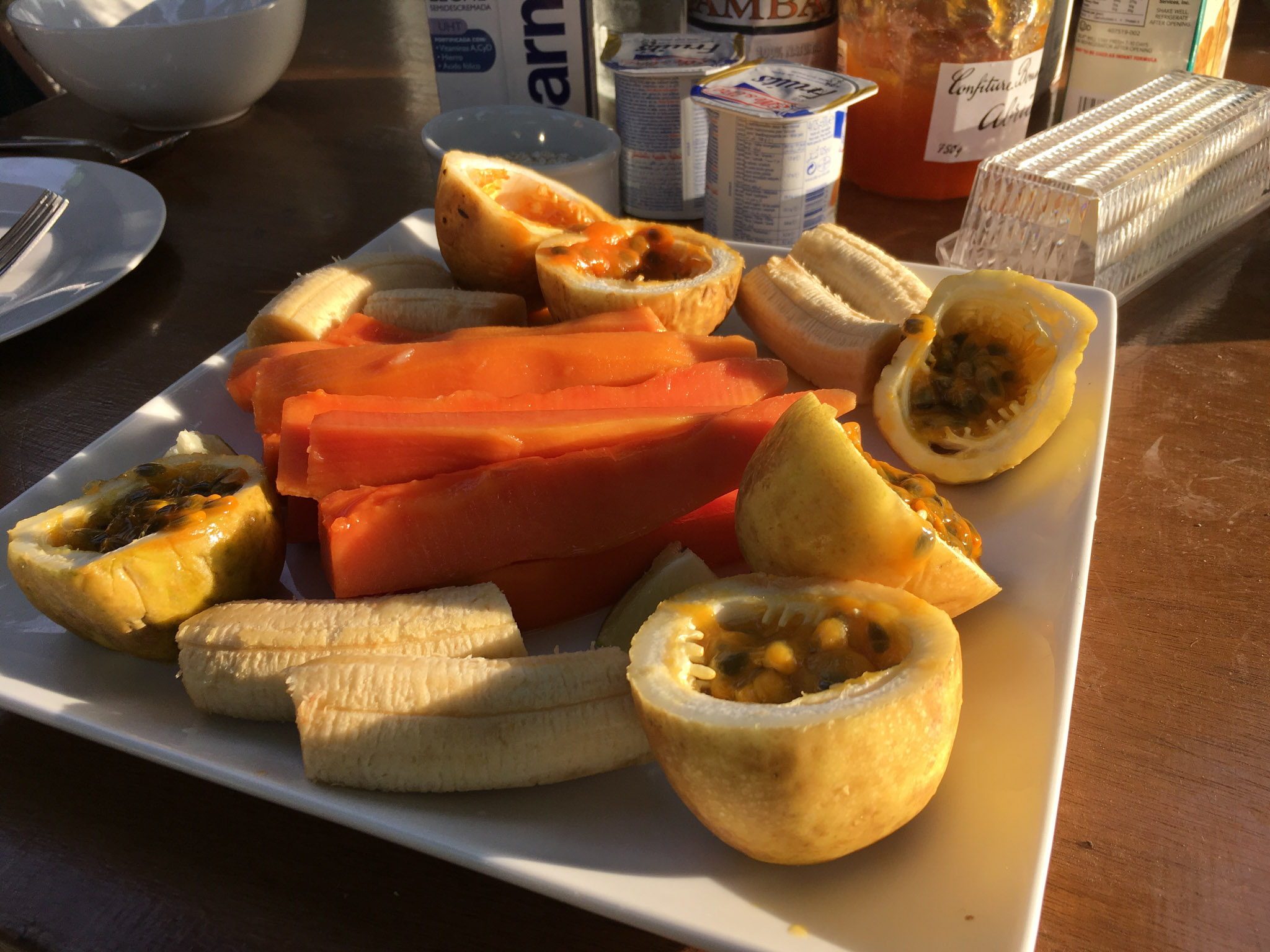
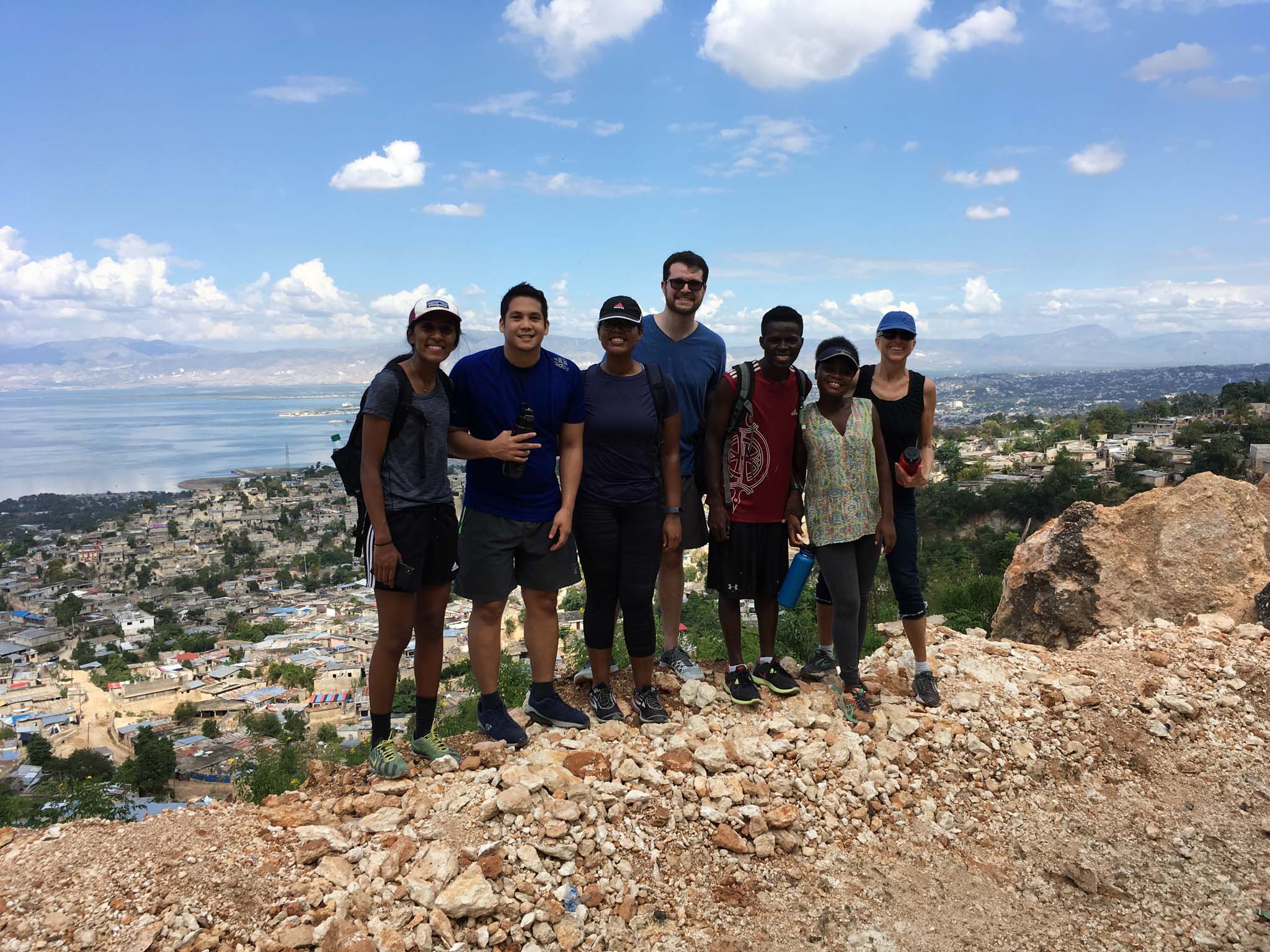
Recent Comments